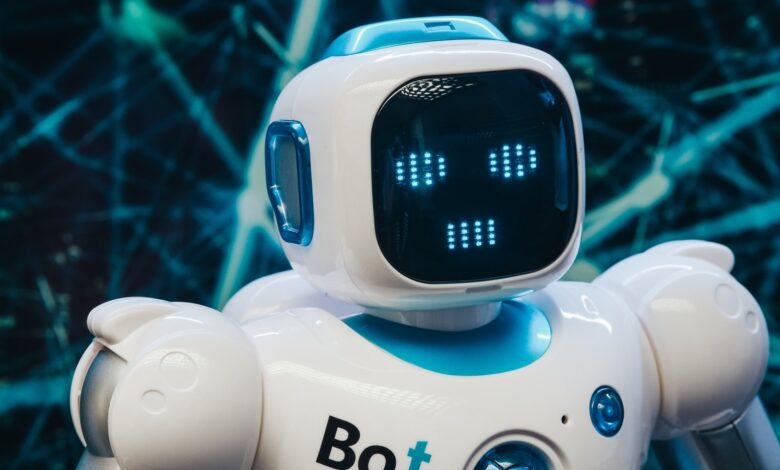5 things about AI you may have missed today: Meta’s AI personas, Pearson’s AI study buddy and more

It is the first day of August and some major announcements were made in the field of artificial intelligence. YouTube is working on some experimental AI features that will allow it to auto-generate video summaries. In other news, Meta is developing AI personas for Facebook and Instagram that will offer a new way to interact with social media platforms. This and more in today’s AI roundup. Let us take a closer look.
YouTube AI summary generation
According to a support page on Google, YouTube has started testing a new AI feature that will auto-generate summaries on the platform. As a part of the test, the summaries will only be generated on a limited number of English-language videos and will be viewable to only a few users at this stage. However, the feature is expected to be rolled out to a wider user base provided it gives good results.
These summaries can be read on the watch and the search pages and will give you a quick overview of what a video is about. This feature is not intended to replace video descriptions.
Meta can soon add AI personas to Facebook, Instagram
Meta is working on a range of AI-powered chatbots that can change the way its social media platforms operate. Notable among them are chatbots for Facebook and Instagram that are being internally called ‘personas’, as per a Financial Times report. These features can launch as soon as September 2023. These personas are intended to enhance and give a new experience for search, recommendation, and interaction with the platform.
GPT-3 shows reasoning ability similar to an undergraduate student
As per a PTI report, researchers from the University of California – Los Angeles (UCLA) conducted an AI experiment that highlighted that GPT-3 AI model has a reasoning ability that is as good as an undergraduate student. During the experiment, the researchers asked GPT-3 to predict the next shape which followed a series of complicated arrangements. They also asked the AI to answer SAT analogy questions, while ensuring that the AI never encountered those questions before. The same problems were also given to 40 UCLA students.
GPT-3 was able to solve 80 percent of the questions, which is between the average score of humans (which was just below 60 percent) and their highest scores. Interestingly, the test found that the AI also made similar mistakes as the human subjects.
Pearson can soon launch an AI study buddy
One of the top 5 textbook makers in the world, Pearson, can soon launch an AI study buddy chatbot that will be “free from the noise and corruption of web-based AI models”, according to a report by Gizmodo. The company also revealed that this AI tool will be featured in its Pearson+ and Mastering subscription services and will be available in time when the schools in the US open after summer vacations.
Cybercriminals training AI chatbots for attacks
A new hacking AI tool has emerged called FraudGPT, while another which is based on Google Bard is under development, reports BleepingComputer. The chatbot is designed by the same individual, and the person is believed to be working on building malicious AI tools for a while now. The AI tool was first seen advertised on hacker forums where the description of the tool said that it was meant for fraudsters, hackers, and spammers.




